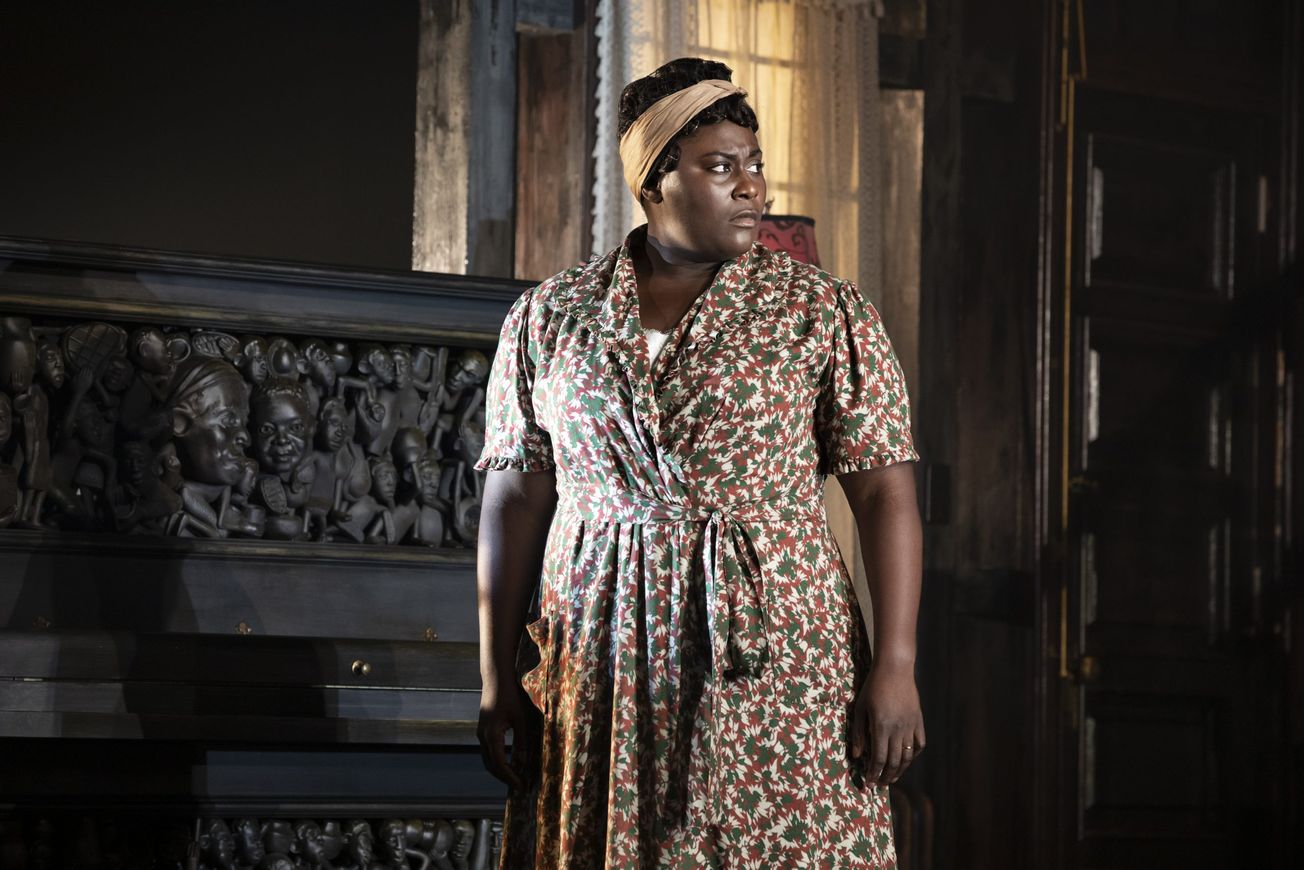August Wilson is one in a sacred selection of American playwrights who is recognized as a canon all their own. His plays — a series of 10 titled “The Pittsburgh Cycle” — chronicle Black life throughout the 20th century. In these plays, Wilson architects humble men and women who drive trucks, work on farms and make music on the road — yet stretch to every corner of the emotional imagination. Wilson, who died in 2005, was a virtuosic composer of contradictions; he imbued his stories with poetry and prose, detailed events of the past in ways that remain prophetic to this day and gave human characters just as much backstory as he did their ghosts. In “The Piano Lesson,” which falls fourth in the Cycle’s sequence (set in 1936), Wilson does all three. The script, which in 1990 earned the Pulitzer Prize for Drama, remains a thing of lyrical beauty. You could close your eyes, skim through its pages and rest assured that your finger would land on brilliance. So what happens when such perfect words are lifted off their pages and hoisted onto a Broadway stage? The words could fly or fold under the weight of extra cargo: directors, actors, designers. Thankfully in the current revival at the Ethel Barrymore Theatre, director LaTanya Richardson Jackson (the first woman to ever direct an August Wilson play on Broadway) artfully pilots a contemporary and comedic rendition of the work, even if she doesn’t quite stick the landing.
LaTanya Richardson Jackson’s sharp direction keeps ‘The Piano Lesson’ mostly in tune
August Wilson is one in a sacred selection of American playwrights who is recognized as a canon all their own. His plays — a series of 10 titled "The Pittsburgh Cycle" — chronicle Black life throughout the 20th century.


























































